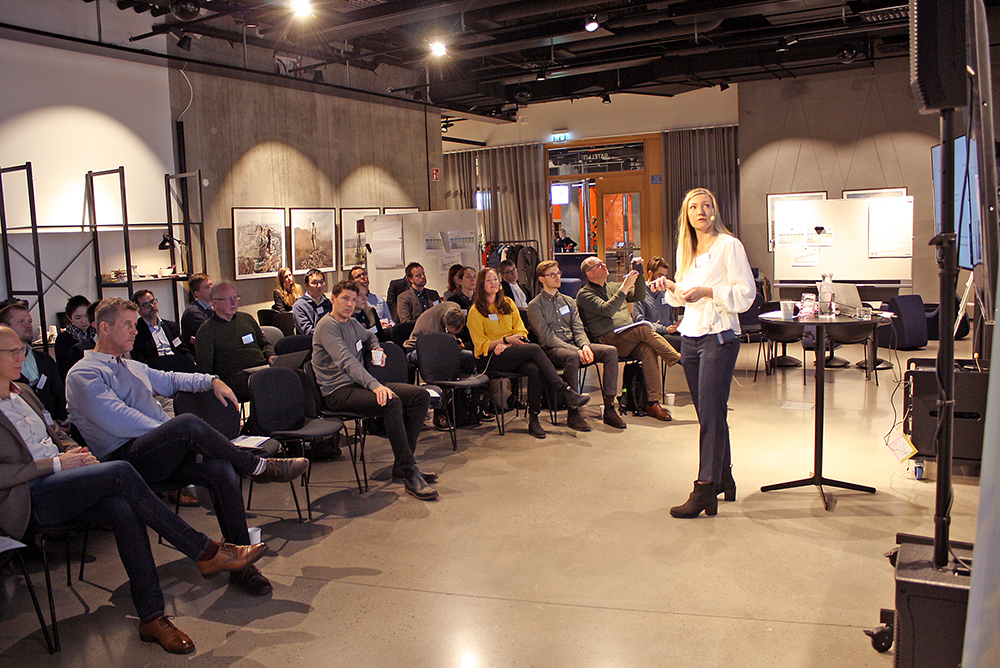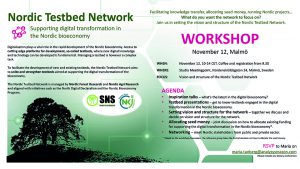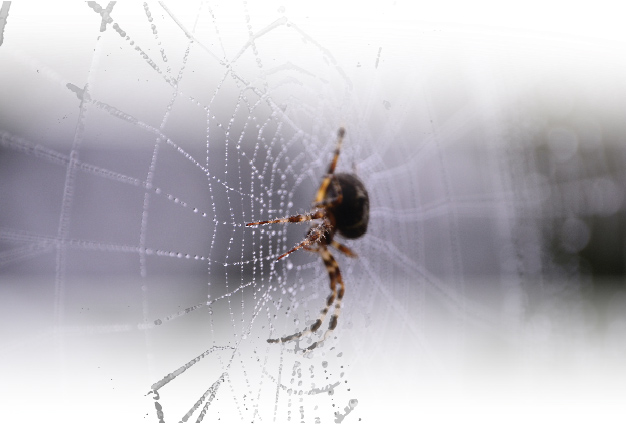How can we find more robust genotypes? In a changing climate we need to adapt our crops. Our NKJ research network NordCrop is working to do this!
Field crops are under pressure due to climate change. Knowledge of crop response to single abiotic stress is often available, but NordCrop will focus on the poorly understood effects of multiple stresses to develop more resilient field crops. Global climate change means that our crops are increasingly exposed to drought or waterlogging, heat and elevated CO2.
The network, funded by NKJ, will investigate how we can exploit new genomic and phenotyping technologies to identify more robust genotypes in key Nordic field crops (wheat, oat, potato and fodder grasses). A virtual meeting is coming up, 14-15 April 2021: “Phenotyping for abiotic climate stresses and yield” (day 1) and “Phenotyping for stresses ” (day 2). Welcome to participate!
Register here, it’s free of charge!
For further information contact Carl-Otto Ottosen,
AGENDA FURTHER DOWN!
Preliminary schedule Virtual Meeting Resilient Northern Crops Network (NordCrop) 14–15 April 2021
Agenda
Day 1 April 14: 12.30-16.30 Phenotyping for abiotic climate stresses and yield
12.30 Welcome (Carl-Otto Ottosen, Aarhus University (AU))
12.40 Keynote Rod Snowdon: Genetics and physiology of yield potential (Justus Liebig University)
13.10 Priming for heat tolerance in wheat (Thayna Mendanha, AU)
13.30 Image-based detection of fungal pathogen infections in Arabidopsis and application of the method on oat spikelets (Kristiina Himanen, University of Helsinki)
13.50 The genetic and physiological basis of yield progress in Norwegians spring wheat (Tomasz Mróz, Norvegian University of Life Science (NMBU))
14.10 Magic populations in phenotyping (John Doonan, Aberysthwyth University, (AberU))
14.30 Grain yield prediction based on multitemporal multispectral UAV imaging (Sahameh Shafiee, NMBU)
14.50 3D modelling of ear emergence (Mori Boozandani, AberU)
15.10 Break
15.30 Student presentations (5 min each)
16.00 General discussion (to be planned)
Day 2 April 15: 12.30-16.30 Phenotyping for stresses
12.30 Keynote Olivier Van Aken: Wounding response och and stress tolerance (Lund University)
13.00 Wheat and drought (Anders Carlsson, Swedish Agricultural University (SLU)
13.20 Sorghum (Mulatu Geleta, SLU)
13.40 Modulated chlorophyll fluorescence as sceening tool (Eva Rosenqvist, University of Copenhagen (UCPH)
14.00 Guard cells in action (Hannes Kollist, University of Tartu)
14.20 Physiological responses of tomato to drought, elevated CO2 and VPD (Shenglan Li, UCPH)
14.40 Multiple stresses and melationin (Rong Zhou, AU)
15.00 Break
15.20 Wheat and heat (Aakash Chawade, SLU)
15.40 Detecting potato diseases in the field (Rick van de Zedde, Wageningen University and Research, NL)
16.00 Wrap up and general discussion



 NKJ will contribute to further Nordic cooperation through the new research networks that was granted funding at the board meeting in June. We hope your cooperation will be really fruitful, and NKJ would like to take part in it in different ways.
NKJ will contribute to further Nordic cooperation through the new research networks that was granted funding at the board meeting in June. We hope your cooperation will be really fruitful, and NKJ would like to take part in it in different ways.
 For NKJ, cooperation is the key. Therefore we want to gather Nordic testbeds to establish a network that can lead the way towards a sustainable society in a digital future. To facilitate the development of new and existing testbeds, the Nordic Testbed Network aims to unite and strengthen testbeds aimed at supporting the digital transformation of the bioeconomy.
For NKJ, cooperation is the key. Therefore we want to gather Nordic testbeds to establish a network that can lead the way towards a sustainable society in a digital future. To facilitate the development of new and existing testbeds, the Nordic Testbed Network aims to unite and strengthen testbeds aimed at supporting the digital transformation of the bioeconomy. Frida Magnusdotter Ivarsson kick-started the workshop with a very inspiring and energizing talk on the subject “Organizing for digital innovation”, followed by a very interesting talk by Monika Svanberg on “Mobilizing testbeds”. The different testbeds represented at the workshop were also presented with some inspiring talks about how they work to enhance bioeconomy.
Frida Magnusdotter Ivarsson kick-started the workshop with a very inspiring and energizing talk on the subject “Organizing for digital innovation”, followed by a very interesting talk by Monika Svanberg on “Mobilizing testbeds”. The different testbeds represented at the workshop were also presented with some inspiring talks about how they work to enhance bioeconomy.

